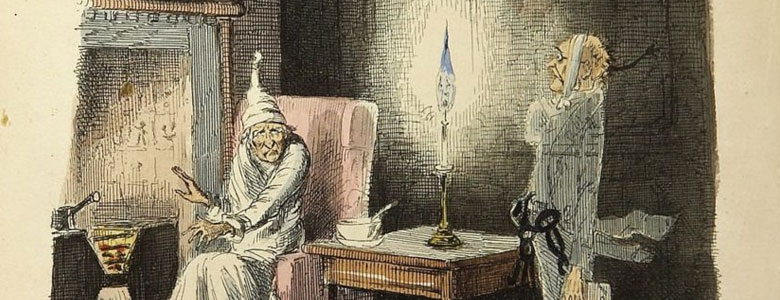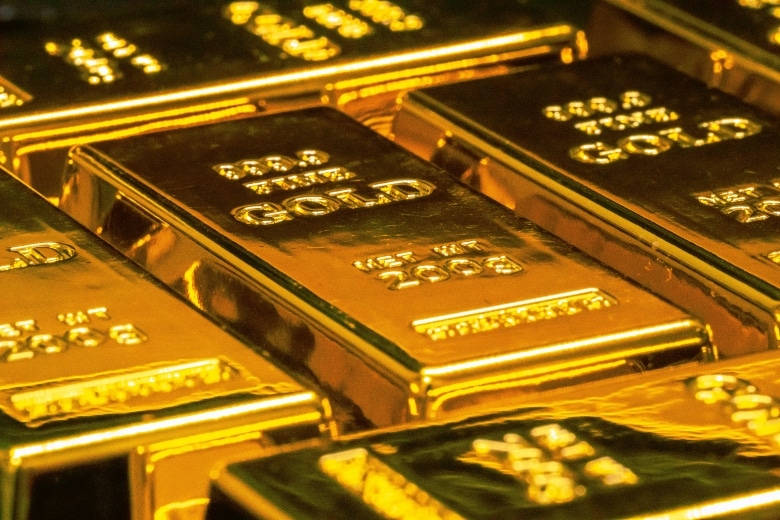
The world is full of fables about the evils of money:
Aesop wrote about a dog with stolen meat, which, on seeing its reflection in a stream dropped the meat to get more, only to end up with nothing.
The Grimm brothers told of a farmer who saved a wounded goose. In return, the goose laid him a golden egg. Taken over by greed, the farmer cuts open the goose to get to the gold inside, only to be left with a dead goose and no gold.
An Indian folktale talks of a farmer who lays a net to catch cranes that are eating his corn. To save themselves the cranes promise to provide the farmer with something of great value if they are spared. Having agreed not to trap them the cranes tell him of hidden treasure. He sets off to find the hidden treasure, his judgement clouded by greed, only to find he has been tricked and the cranes escaped.
These tales portray the futility of greed; that ultimately it comes at a cost. The dog and the farmers want more but end up with nothing.
We see this misaligned thinking in modern life too:
The highly indebted person who confuses symbols of wealth with being wealthy;
The workaholic who misses key family moments to get more money, which is then used as a poor substitute to buy forgiveness for his absence;
The millionaire who chases more zeros on his bank balance but, having shunned emotional connection on this path to more, finds himself alone and lonely. Perhaps, despite even being married.
Consider instead:
The self-made business owner who has used her wealth for the benefit of others;
The father who chose not to climb the corporate ladder so that he could spend time with his children when they wanted (and needed) him most;
Or, the couple who chose a slightly smaller pension pot but extra years free from work to enjoy a fulfilling retirement together while they were physically and mentally able to do so.
What’s the difference between the first three examples and the last three?
The former mistook money as being the end itself. The latter group understood money was the means to the end rather than the end itself.
Because money without meaning is hollow, but money with meaning is enriching.






